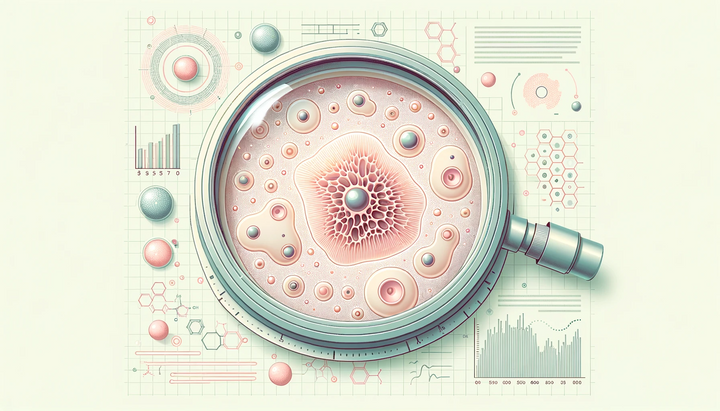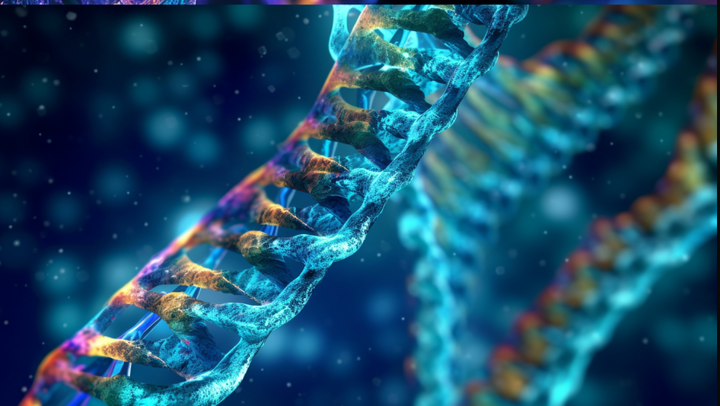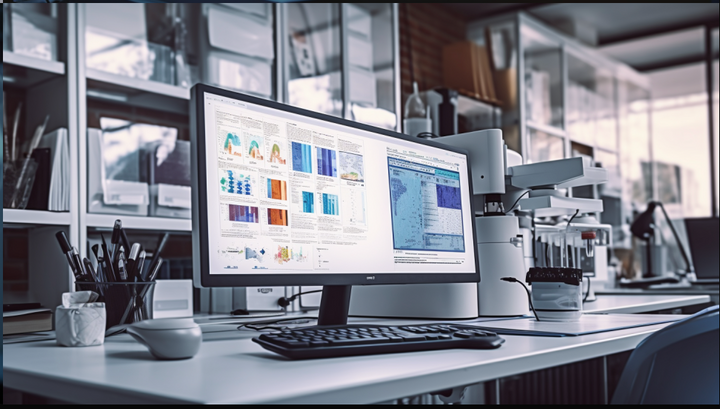A new Bioinformatics playground: The Y chromosome sequence
Discover the groundbreaking full sequencing of the elusive Y chromosome and its far-reaching implications for bioinformatics and men's health. Learn how platforms like Bionl.ai are making these scientific leaps more accessible, setting the stage for a new era of biomedical research.
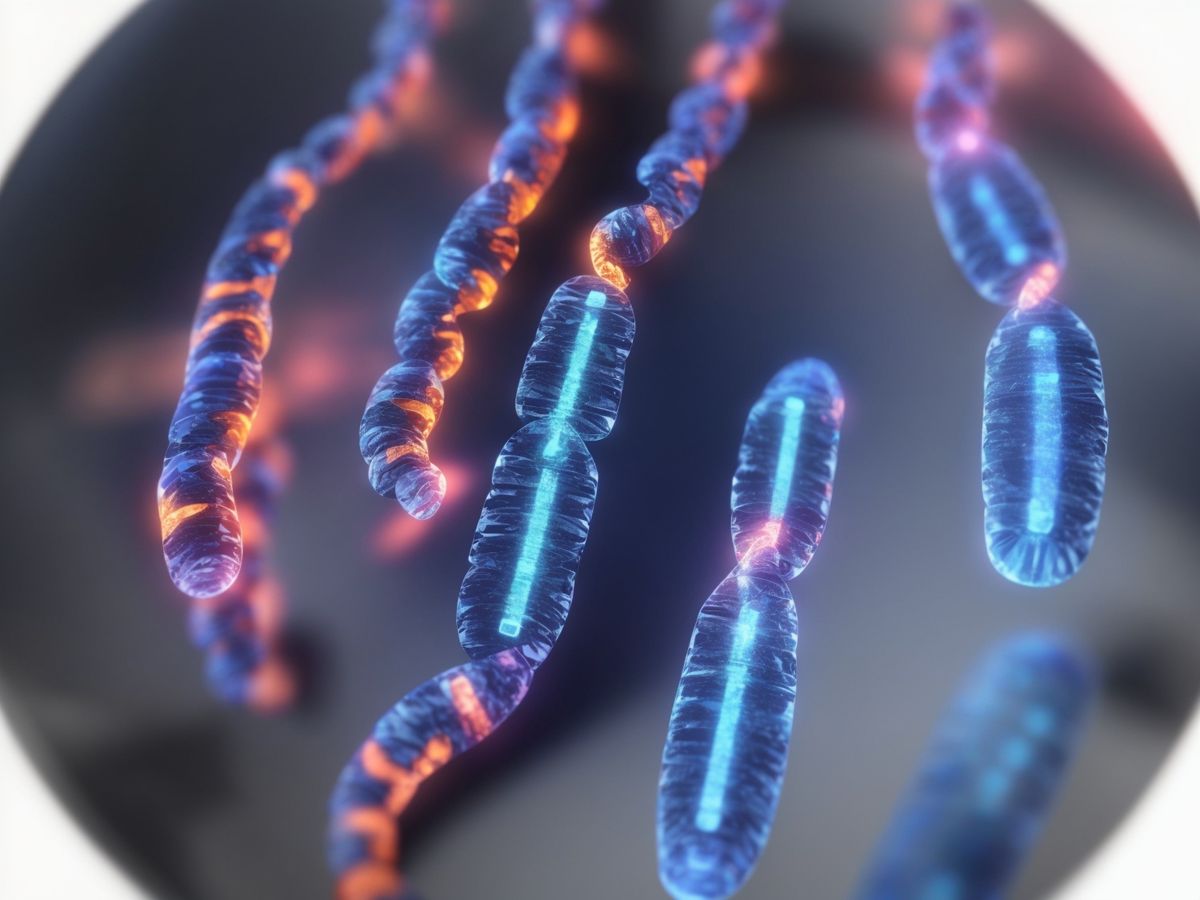
If you've been keeping an eye on the latest scientific breakthroughs, you'll know that the human Y chromosome has finally given up its secrets. Yep, you read that right! After years of head-scratching and countless lab hours, an international team led by the Telomere-to-Telomere (T2T) Consortium has fully sequenced the Y chromosome. Published in Nature in August 2023, this is a big deal, not just for molecular biology but also for the field of bioinformatics, and biomedical research.
Why Was the Y Chromosome Such a Tough Nut to Crack?
Let's face it, the Y chromosome has been the "bad boy" of the human genome for a long time. Some of the challenges presented was, it's small, with only about 58 million base pairs, compared to the 134 million base pairs in our entire genome, where its challenging to accurately assemble the sequence. Plus, it's packed with highly repetitive sequences, meaning that it contains many long stretches of identical DNA sequences, this makes it more challenging to distinguish between different parts of the chromosome, which may lead to sequencing errors. And let's not forget, it's unstable, changing from person to another and over time.
For researchers, these challenges often mean diving deep into bioinformatics, a field that can be daunting for those not fluent in programming. That's where Bionl.ai comes in handy. Through Bionl features; data analysis techniques, and searching through literature, you can get the full picture on any data, and overcome present challenges.
Why Should We Care About the Y Chromosome?
So, why all the fuss about sequencing the Y chromosome? Well, it's like unlocking a treasure chest of information about men's health, fertility, and even evolution. New genes related to sperm production and male fertility have been discovered, and this is just the tip of the iceberg for such important topics to know.Here is where bioinformatics analysis, and research becomes most important to fully grasp this big data. If you are interested in any of these topics, head to Bionl.ai, as it offers you the chance to upload any genomic data and start your bioinformatics research from there, without the need of any previous coding knowledge.
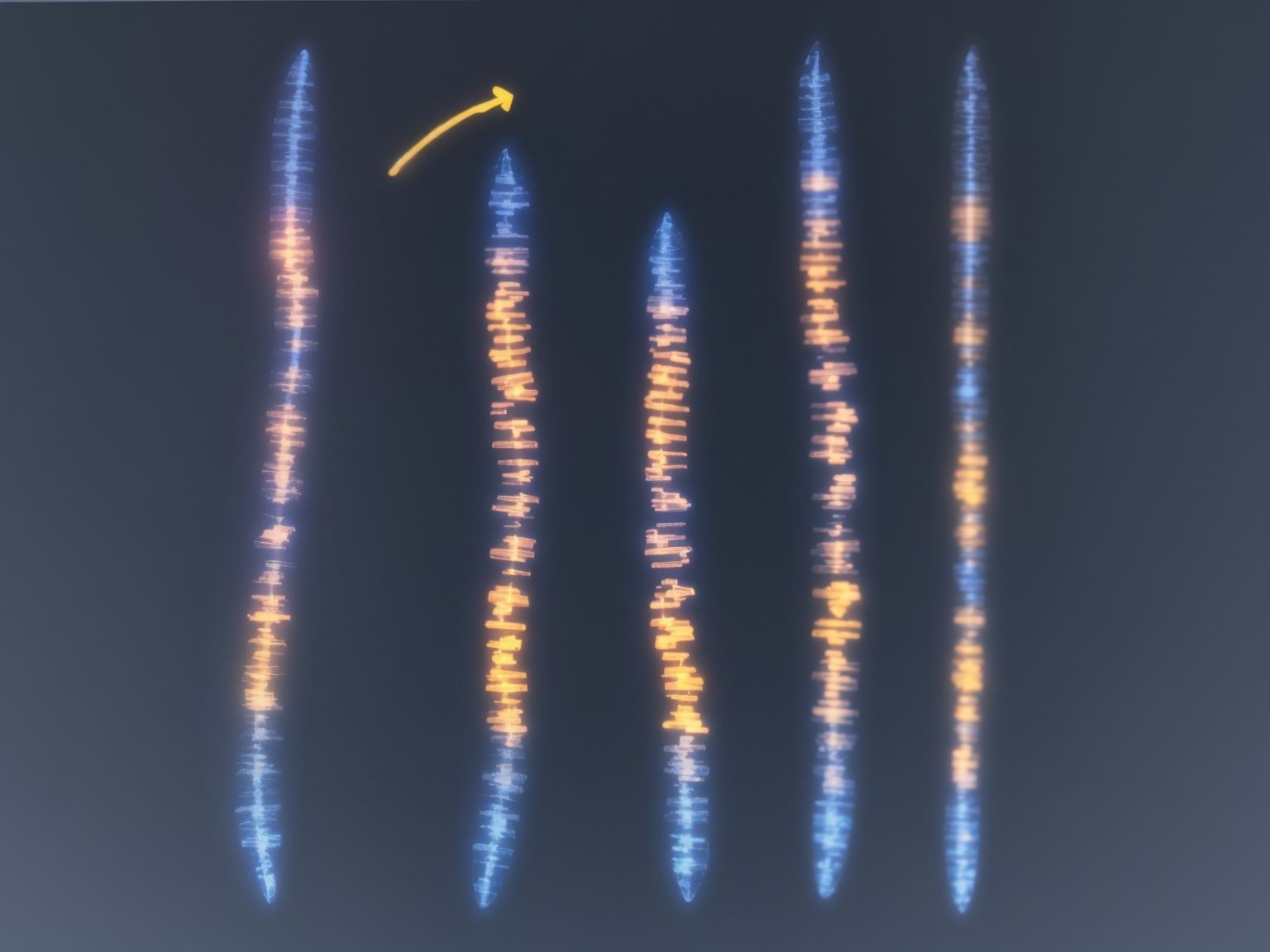
How NLP Can Help Us Dig Deeper
Natural Language Processing (NLP) isn't just for chatbots and voice assistants. Platforms like Bionl.ai can use NLP to sift through the Y chromosome data, identifying genes that are similar to those on other chromosomes. This could help us understand what these genes do and even find new targets for drug development, effective diagnosis, and eventually precision medicine. NLP will close the gap between human language and the computer, making interpretation and comprehension easier between both. Hence, it comes with a huge benefit to bioinformatics research.
Bioinformatics and the Y Chromosome: A Match Made in Heaven
Bioinformatics is all about using computer power to make sense of large biological data. With the complete sequence of the Y chromosome now available, bioinformatics researchers have a whole new playground:
- Discover new genes and regulatory elements on the Y chromosome.
- Explore how the Y chromosome has evolved and its role in male development.
- Create new diagnostic tools and treatments for conditions like male infertility.
Bionl.ai a NLP website itself is the next researchers play ground and a game-changer here, offering an all-in-one workspace where scientists can do all this and more without needing a degree in computer science.
What's Next? The Future of Y Chromosome Research
We're just scratching the surface here. The full sequencing of the Y chromosome is expected to open doors to even more discoveries. We're talking about new genes that could be crucial for male health, fertility, and much more. And who knows, this could even lead to new gene therapies to treat various conditions.
In a nutshell, the Y chromosome's big reveal is a watershed moment for both molecular biology and bioinformatics research. And a platform like Bionl.ai is set to be a key player in this exciting new chapter of scientific discovery. So, here's to breaking down barriers and pushing the boundaries of what we know about ourselves!
This blog was co-authored with ChatGPT.




